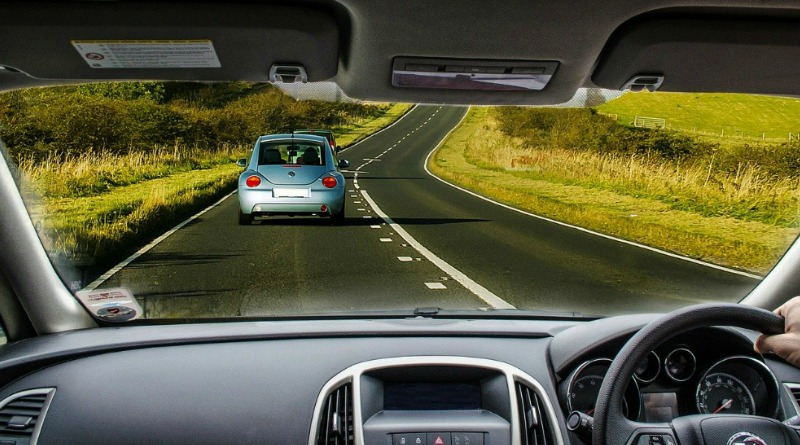How Car Safety Technology Could Actually Confuse Drivers

Car safety technology has come on leaps and bounds in recent years. We now have vehicles with eyes and ears that can predict collisions before they happen AND take the necessary evasive maneuvers. It’s awe-inspiring.
Companies like Tesla have been leading the charge. The carmaker’s vehicles now use over a dozen cameras to asses the state of the road ahead and feed information back to the firm’s central, cloud-based AI. When something unusual happens – referred to as a “corner case” in the industry – vehicles send log information to the central system. It then incorporates this into its decision-making tree, updating its algorithms and, hopefully, protecting drivers from similar events in the future.
Why All The Confusion For Drivers?
It’s not all good news, though. While these new technologies are technically impressive, they could confuse drivers who are used to thinking of their vehicles as purely mechanical objects. Once you give them a mind of their own, you fundamentally change the game.
The University of California in San Diego recently released a study that called into question whether manufacturers should push headlong into new driver safety technologies – especially those that rely on some kind of automation. They worry that we will see a repeat of the blunders that befell the airline industry in the automotive world.
Take the recent crashes of various Boeing 737 Max aircraft. Here computer systems took over control from pilots, even though they were making stupid decisions – and a lot of people died. Researchers fear that we could see something similar happening on the road.
The problem, as they see it, is that drivers don’t fully understand how many of the automated systems on their vehicles work. They have a vague sense that they rely on computers and software, but they don’t understand the limitations of these technologies from a fundamental level. Most consumers assume that things like “driver assist” will protect them, not put them in harm’s way.
Will Accidents Become A Thing Of The Past? Unlikely
Going to a car accident lawyer is unlikely to become a thing of the past. In the future, though, the reasons for going will change. It won’t be drivers that are culpable in crashes, but companies that create software for driving vehicles. It’ll be more like a product liability suit where the victims of a collision sue the company that made the driverless technology. Surely no court would convict passengers with no active involvement in the driving process?
The solution, according to some in the industry, is to educate drivers on what autonomous technology can and cannot do – and fundamentally how it works.
Drivers need to understand that computers in cars cannot think as we do. They don’t understand the context; they have no idea they exist or what subjective experience is. The autonomous tech we have today is essentially a tool that is very good at measuring probabilities. So, for instance, a machine might conclude that an object up ahead in the road is a dog with a 50 percent probability, but it can never know for sure in the way that you or I can.
What's Your Reaction?
Newly middle-aged wife of 1, Mom of 3, Grandma of 2. A professional blogger who has lived in 3 places since losing her home to a house fire in October 2018 with her husband. Becky appreciates being self-employed which has allowed her to work from 'anywhere'. Life is better when you can laugh. As you can tell by her Facebook page where she keeps the humor memes going daily. Becky looks forward to the upcoming new year. It will be fun to see what 2020 holds.



